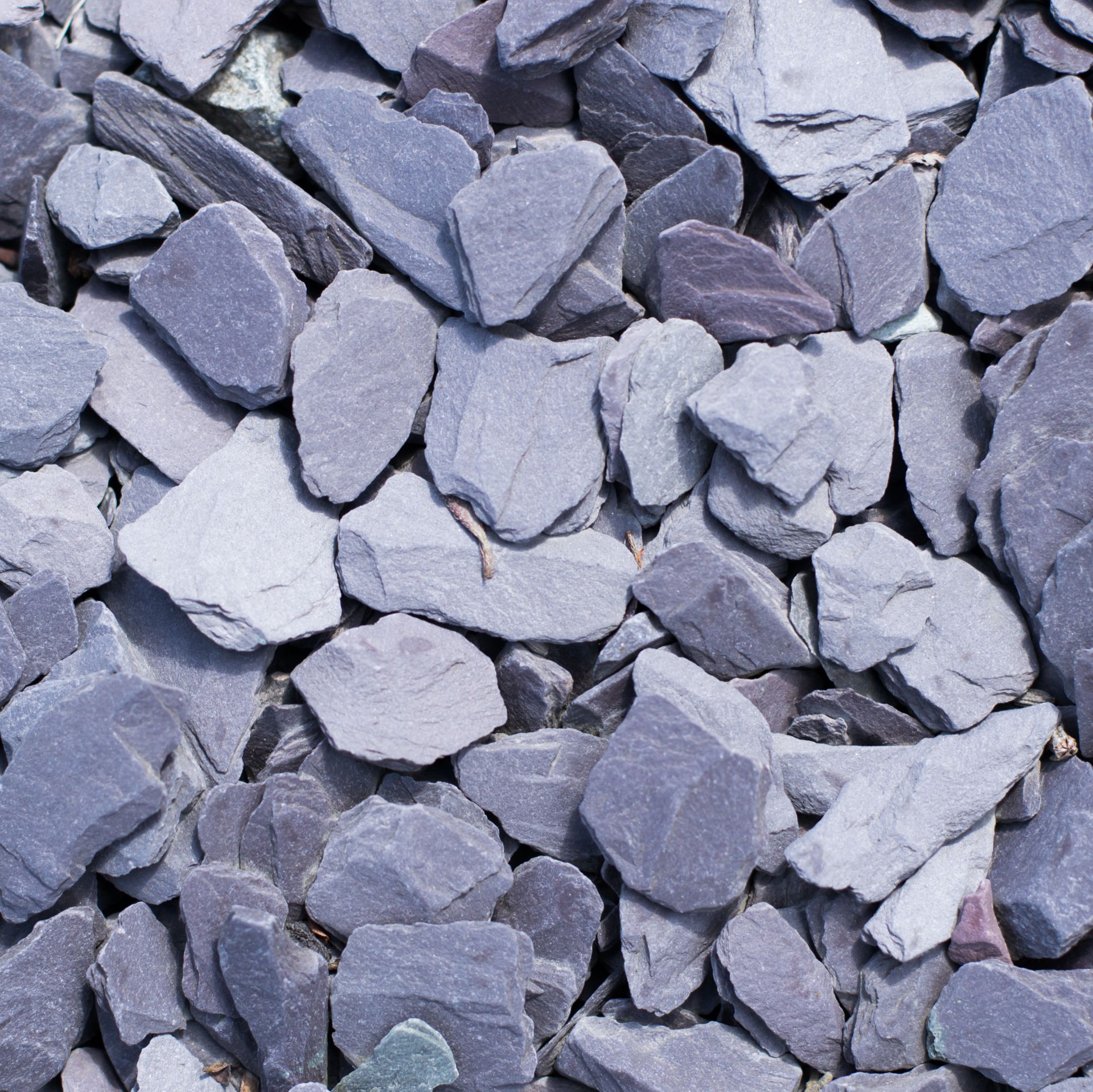Cultured Quartz A Modern Marvel Revolutionizing the Stone Industry

Introduction:
In recent years, the stone industry has witnessed a remarkable transformation with the introduction of cultured quartz. This engineered stone has quickly gained popularity due to its stunning aesthetics, exceptional durability, and eco-friendly production process. Cultured quartz is revolutionizing the way we think about traditional stone surfaces such as countertops, flooring, and wall claddings. This article will delve into the world of cultured quartz, exploring its composition, manufacturing process, advantages, and various applications.
1. Understanding Cultured Quartz:
1.1 Composition and Structure:
Cultured quartz, also known as engineered quartz or quartz composite, is primarily composed of natural quartz crystals, resins, and pigments. The quartz crystals, comprising approximately 90-94% of the material, provide the stone's strength and durability. The remaining percentage consists of resins, typically polyester or acrylic, which act as binders and pigments that add color and patterns to the final product.
1.2 Manufacturing Process:
The production of cultured quartz involves a sophisticated manufacturing process. It begins with the selection of high-quality natural quartz crystals, which are crushed into fine particles. How to choose the right stone veneer for your project are then mixed with resins and pigments in a specialized production facility. The mixture is poured into molds and compacted under high pressure to eliminate any air bubbles. Finally, the slabs are cured and polished to achieve a flawless surface.
2. Advantages of Cultured Quartz:
2.1 Aesthetics:
One of the primary reasons for the growing popularity of cultured quartz is its wide range of design options. Through advanced manufacturing techniques, quartz composite slabs can mimic the appearance of natural stones like marble and granite while offering more consistency in pattern and color. Additionally, the ability to control the composition allows for the creation of unique and striking designs that are not readily available in natural stones.
2.2 Durability and Maintenance:
Cultured quartz is renowned for its exceptional durability, making it an ideal choice for high-traffic areas. The combination of quartz crystals and resins creates a non-porous surface that is resistant to stains, scratches, and heat. Unlike natural stones, cultured quartz does not require sealing and can be easily cleaned with mild soap and water, making maintenance a hassle-free process.
2.3 Sustainability:

The production of cultured quartz demonstrates a commitment to environmental sustainability. By utilizing crushed quartz and recycled materials, engineered stone minimizes the need for quarrying natural stones, reducing the impact on the environment. Furthermore, the manufacturing process consumes less water and energy compared to traditional stone production methods, making cultured quartz an eco-friendly alternative.
3. Applications of Cultured Quartz:
3.1 Kitchen Countertops:
Cultured quartz is an increasingly popular choice for kitchen countertops due to its durability, resistance to staining, and ease of maintenance. The wide variety of colors and patterns available allows homeowners to find the perfect match for their kitchen design, whether it be a sleek and modern aesthetic or a more traditional look.
3.2 Bathroom Vanities:
In bathrooms, cultured quartz offers a hygienic and stylish solution for vanities. The non-porous surface of quartz composite resists the growth of bacteria and molds, ensuring a clean and safe environment. Furthermore, the ability to create seamless designs with integrated sinks and backsplashes enhances the overall aesthetic appeal of the space.
3.3 Flooring and Wall Claddings:
Cultured quartz is also gaining popularity as a flooring and wall cladding option. homepage makes it suitable for high-traffic areas, while the wide range of design options allows for creative and unique installations. Whether used in residential or commercial settings, cultured quartz adds a touch of elegance and sophistication to any space.
4. Conclusion:
The advent of cultured quartz has revolutionized the stone industry, offering a versatile, durable, and sustainable alternative to natural stones. Its aesthetic appeal, durability, and eco-friendly production process have made it a preferred choice for homeowners, architects, and designers alike. As the popularity of cultured quartz continues to grow, it is evident that this engineered stone has become a modern marvel, transforming the way we think about and utilize stone surfaces in our daily lives.
